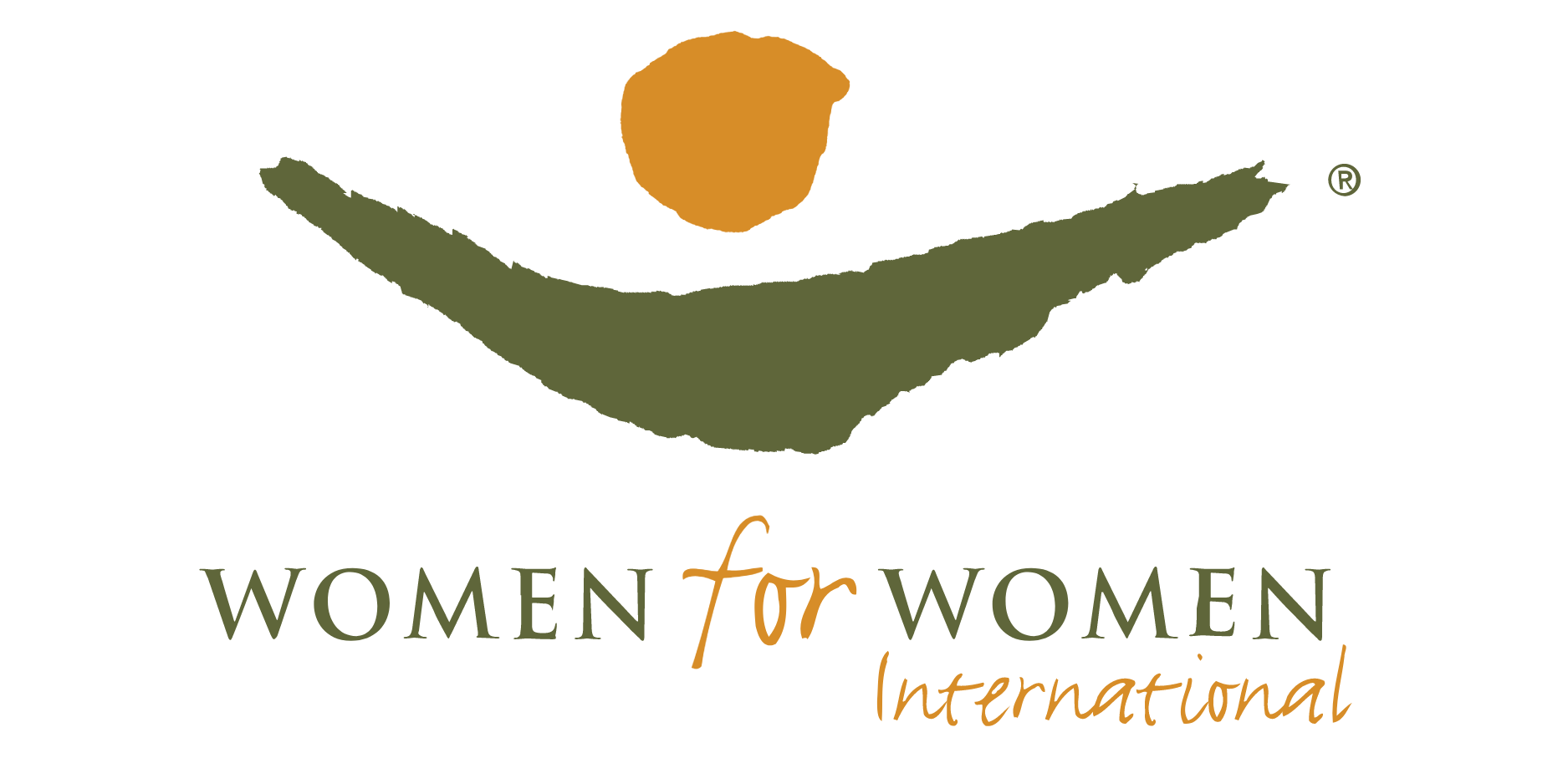Women Supporting Women During Crisis
The ongoing effects of the COVID-19 pandemic impact women and men differently, even in highly developed countries. However, in developing and war-torn nations where conditions for women may already be challenging, the effects are more severely divided along gender lines. Women who are already facing significant barriers are the most at risk during health emergencies.
Both the direct consequences of the CV-19 pandemic, such as death, illness, and social distancing, as well as further-reaching secondary effects, will be felt in varied ways by individuals of varying privilege. In particular, women may face consequences of the pandemic that span the home, finances, personal relationships, and career. In areas where many barriers to gender equality already exist, these consequences may be permanently life-altering for women.
Women's reality in developing & war-torn nations
In developing and war-torn countries, women’s employment and incomes are often precarious, if available at all. Many women will have lost their ability to work, and may not regain employment after distancing measures are relaxed. Should there be a choice in a partnered household of who stays home with children, or sick family members, the lesser earner or the one more accustomed to domestic duties often takes that role. Households headed by women are less likely to be secure; if access to adequate nutrition, clean water, or sanitation is already an issue, things can only get worse.
Similarly, it’s often difficult for women to access educational programs or resources; not only must they find a way to take the time out of the home, but then there may be a lack of opportunities, financial barriers, and gendered stigma that create obstacles for education and professional training. The very recent example of the Ebola virus’s effects, even after time had passed, showed that the pandemic had permanent negative impacts on gender equality.
Additionally, women’s wellness and health suffer in times of crisis. Most especially during lock-down situations, without access to any resources like shelters or outreach programs, women are more at risk of intimate partner violence. Similarly, access to healthcare and abortion services grows more difficult during a pandemic. When the healthcare system is prioritizing critical care during a pandemic, there are fewer resources and caregivers available for routine health care, such as gynecological and obstetric care. Women and children are more at risk, especially during childbirth, during these times of emergency.
How we all can give back & help

One of Natural Wellbeing’s most closely held principles is community. We research thoroughly and produce high-quality, innovative products that offer natural relief and support for a variety of issues. This is because we believe in the community of humans, and especially women, helping each other. We are proud of the Natural Wellbeing community, and we also believe in the power of the global community to provide aid and create change.
Natural Wellbeing is a supporter of Women for Women International, a hands-on organization that brings empowerment, resources, education, and job training opportunities to vulnerable women in war-torn countries, where advantages are few. Women for Women passionately upholds the belief that when women are supported, entire communities benefit. More than ever, with the far-reaching impacts of COVID-19 yet to be known, donations to Women for Women will assist women who are the most at risk and help them survive this pandemic.
If you’re interested and able to join us in supporting Women for Women, you can learn more and donate here.


Leave a comment